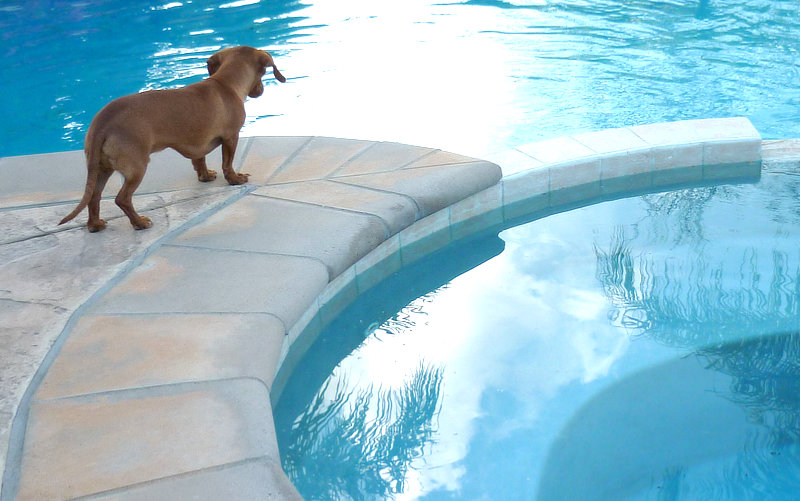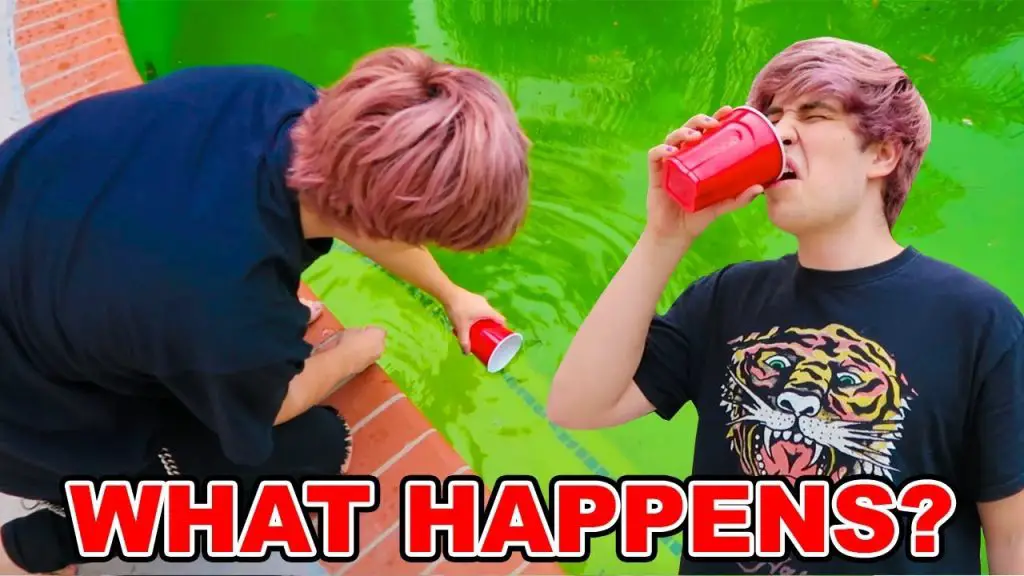Pool water is a refreshing way to cool off and enjoy the summer months, but have you ever wondered if it’s safe to drink? In this article, we will explore the question, “Can you drink pool water?” and discuss the potential risks and considerations involved.
Understanding Pool Water Composition
Pool water contains a variety of chemicals and additives designed to maintain water clarity and kill harmful bacteria. Chlorine is commonly used to disinfect the water and prevent the growth of algae and other microorganisms. While these chemicals are necessary for maintaining a clean and safe swimming environment, they can be harmful if ingested in large quantities.
Potential Risks of Drinking Pool Water
Drinking small amounts of chlorinated pool water during recreational swimming is generally safe. However, it should be noted that pool water is not treated or regulated for consumption. It may contain additional impurities such as sweat, sunscreen residues, and even urine.
Excessive consumption of pool water can lead to several health issues, including:
- Stomach upset and gastrointestinal discomfort
- Electrolyte imbalances
- Allergic reactions or skin irritation
- Respiratory problems if chlorine fumes are inhaled

Credit: modernsurvivalblog.com
Alternative Water Sources for Drinking
To quench your thirst and stay hydrated, it is always recommended to drink fresh, clean water from reliable sources. Here are some alternative sources to consider:
- Tap Water: Most tap water is treated and regulated to meet safety standards. It is a readily available and cost-effective option for drinking.
- Bottled Water: Bottled water undergoes rigorous testing and filtration processes, ensuring its safety and quality. It provides convenience and portability.
- Filtered Water: Installing a water filtration system at home can remove impurities and improve taste, making it a reliable source for drinking water.

Credit: weloverunning.blogspot.com
Tips for Pool Water Safety
While it’s best to avoid drinking pool water, here are some important tips to ensure water safety during swimming:
- Stay hydrated by drinking plenty of fresh water before and after swimming.
- Keep your mouth closed while swimming to avoid accidental ingestion of pool water.
- Shower before entering the pool to minimize the introduction of impurities.
- Regularly test and maintain proper chemical balance in the pool to prevent excessive chemical exposure.
- Supervise children to discourage them from drinking or swallowing pool water.
Conclusion
While it is generally safe to drink small amounts of chlorinated pool water during recreational swimming, it is not advisable due to potential health risks. Pool water is specifically treated to balance chemicals for swimming, not for consumption. Opting for alternative sources of drinking water, such as tap water or bottled water, is always the best choice to ensure hydration and maintain overall health.





